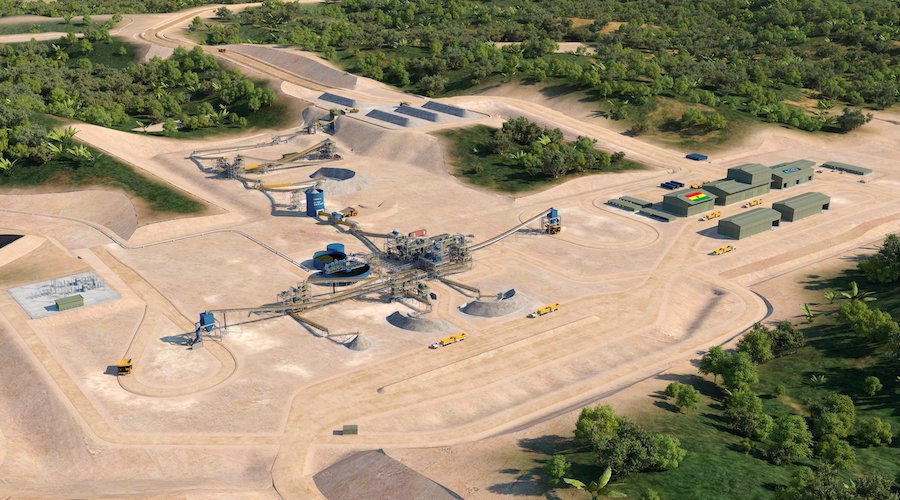Atlantic Lithium granted 15-year permit for Ghana mine

Ghana’s government has granted Atlantic Lithium’s (ASX: A11) local subsidiary a mining permit for its flagship Ewoyaa project, which will be the West African country’s first lithium operation.
The 15-year permit allows the Australian miner’s unit Barari DV Ghana Limited to start building a lithium mine in the country’s Cape Coast region, around 100 km southwest of capital city Accra.
The decision comes after Atlantic Lithum’s almost six years of exploration and is part of Ghana’s strategy to tap into the global move towards electric vehicles and renewables.
The Ministry of Lands and Natural Resources has increased the royalty rate to 10% from the standard 5% and the state’s interest in the project to 13% from 10%, it said in a statement.
As part of the deal, Ghana’s sovereign wealth fund, the Minerals Income Investment Fund (MIIF), will acquire 6% in Ewoyaa and 3.06% in Atlantic Lithium, which will be required to list on the Ghana Stock Exchange.
The company will also work on developing a lithium processing plant to maximize the economic benefit of a mineral it has often shipped to China for processing, the ministry added.
“The Mining Lease is a major endorsement of the viability of the project and a landmark de-risking milestone in its advancement towards production,” Atlantic Lithium chairman, Neil Herbert, said in a statement.
“The Government of Ghana, which is eager to build upon its mining history that spans back over a century and diversify away from its long-standing gold production, has remained incredibly cooperative throughout our application process and we wholeheartedly welcome their support,” Herbert said.
Half of the lithium produced at Ewoyaa will be sent to a refinery of US-based Piedmont Lithium (NASDAQ, ASX: PLL), which is the Australian firm’s second-largest shareholder and has agreed to provide most of the funds for building the mine.
Atlantic Lithium aims to produce a total of 3.6 million tonnes of spodumene concentrate, or 350,000 tonnes annually, over 12 years from the site. That would make it the world’s 10th-biggest project, according to the company.
{{ commodity.name }}
{{ post.title }}
{{ post.date }}




Comments